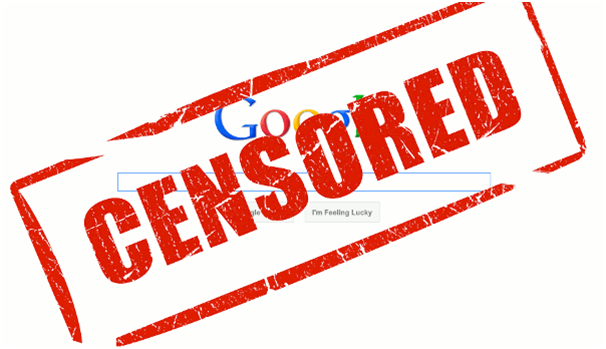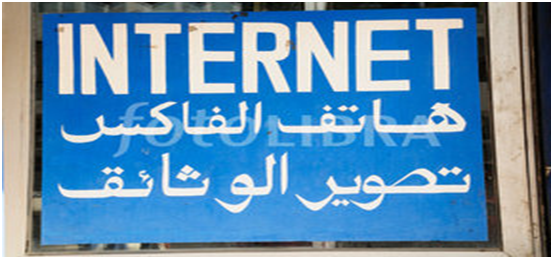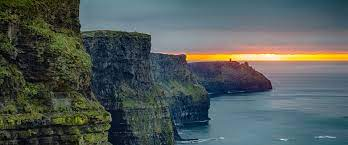We tend to take our freedoms for granted in the UK, especially when it comes to our internet access. Whatever your stand on how ‘free’ the internet should be, we do have some of the most relaxed rules regarding online activity, in the world. Celebrate your freedom and think about sprucing up your website. For Web Design in Somerset, visit https://www.somersetwebservices.co.uk/website-design/ Here are some places where you wouldn’t be so lucky:
China
China holds some of the toughest internet sanctions on the planet. There are 60 regulations relating to its use and suspicions of a 30 000-member virtual policing unit, watching and monitoring. Known for the ‘Great Firewall of China’, the country blocks sites like Google and Facebook and any site that might question the government. You’re not safe in a Chinese internet café either as they closely monitor all chats, gaming and email content.

Iran
For the last decade, Iran has blocked sites such as Facebook and YouTube as they have been deemed immoral. If you want to go online in Iran, you must first make an oath in writing that you will not use the internet to access any ‘non-Islamic’ sites. The speed is slow, presumably to make it off-putting to even try and any deviation from the oath could result in a lengthy prison sentence or even the death penalty!
Morocco
Unusually, this nation has no laws relating to internet usage but the government simply blocks and unblocks whenever it feels like it. Websites to have fallen victim to random blocking include WordPress, YouTube and Google Earth. Don’t be tempted to comment negatively about Islam, the Moroccan monarchy or politics, otherwise you could find yourself in deep water. Bloggers and journalists have received prison terms for being critical of the state.

Burma
The internet is purposely kept super-slow in this country so the government can keep a watchful eye on things. No equipment or modems can be imported without official consent from the powers that be. Huge numbers of sites are also banned, including pornography, politics and matters relating to human rights. If you’re caught digressing in any way, you could face a minimum of 15 years in the slammer!
Cuba
Quite simply, there is no private internet access in Cuba. There are access points but these are government controlled. The state monitors everything and operates IP blocking and the collation of individual browsing history. It seems the Cubans have a pretty tight grip on things, which they blame on high expense and the U.S embargo. Five years in prison await you for using a private connection and 20 years if you post anti-government propaganda.
Jordan
A few years ago, the government in Jordan blocked almost 50 local news websites in workplaces, blaming them for time-wasting and lost revenue. Internet cafes were also forced to install software which blocked sites featuring tobacco use, gambling, porn, drug use and anti-religious sentiments. When logging on, your name, ID number and browsing history are recorded and kept for 6 months. A hefty fine or even forced labour are the penalties for disobeying these orders.



